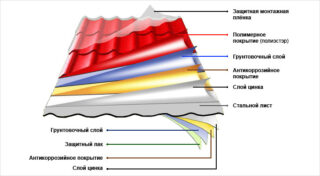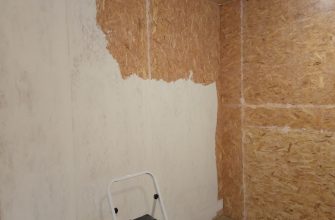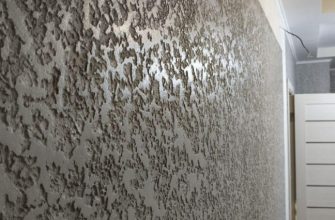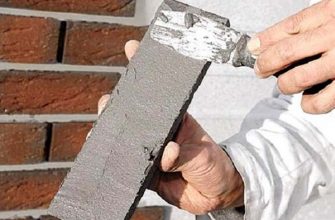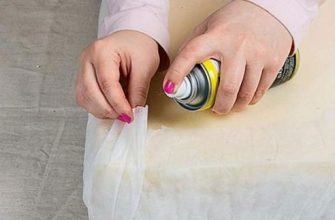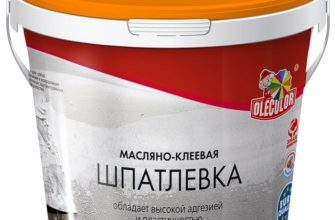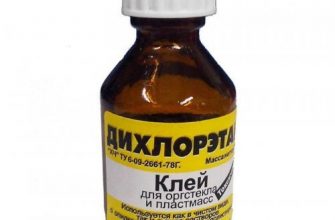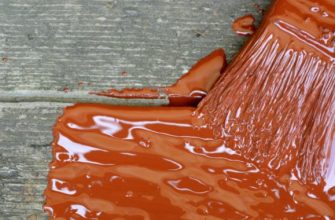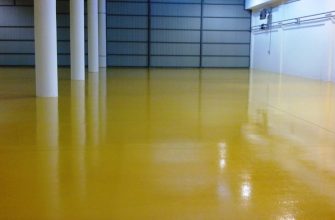Metal tiles are an improved and more attractive version of the profiled sheet. It got its name because it imitates shingles, but sometimes looks much more aesthetically pleasing. The material is produced using a special technology and for different purposes.
Where are the metal tiles produced?
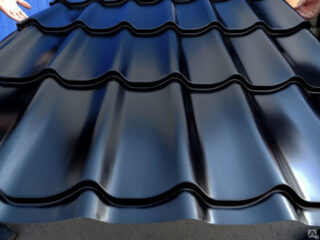
Metal tile is a popular coating, so it is made by both large factories and small companies. The quality of the sheet does not depend on the scale of production, but on the equipment used for the manufacture of metal tiles. As in many other cases, quality depends on adherence to all the intricacies of technology.
The most famous coating companies in Russia include:
- Neva-Stal;
- "KSP";
- Siberian metal center;
- "Electroshield".
There are many other factories located in Moscow, Lipetsk, St. Petersburg, Volgograd.
Of the foreign manufacturers, the most popular in the Russian market are:
- Finnish company RUUKKI;
- one of the largest metal producers in the world, the Arcelor Mittal concern;
- Slovak company U.S. Steel Kosice.
Small companies in Poland and China are also popular.
When buying metal tiles, you need to pay attention to the warranty period. When coated with plastisol, for example, the manufacturer's warranty is 50 years.
What metal tiles are made of
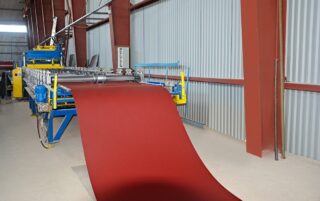
Metal tile is a complex multilayer material. Consists of the following elements.
- The base is a sheet of metal. Most often it is steel, but copper and aluminum can also serve as a base. The latter is lighter and is not afraid of corrosion, therefore it does not need a protective zinc layer.
- Zinc layer - it covers the sheet on both sides. The metal creates an oxidizing film, preventing oxygen and moisture from reaching the steel base. The density of the layer varies from 190 to 275 g / m². It determines where metal tiles can be used: in the southern region, in the highlands, in the area next to the sea.
- Passive layer - creates a kind of compensating buffer and improves adhesion.
- Soil layer - performs the same task, but more selectively with respect to the applied coating.
- The lower layer of the metal tile is varnish. It is colorless and has no decorative effect. Its task is to create additional mechanical protection.
- The top layer of the flooring is a decorative coating based on a polymer composition. The paint determines not only the appearance of the metal tile, but also its resistance to ultraviolet rays, mechanical stress and moisture.
The characteristics of the upper decorative layer largely determine the durability of the material.
Production technology
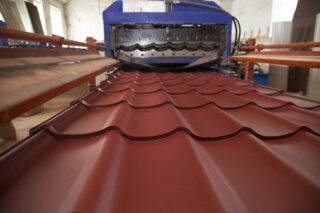
Regardless of the type of equipment for the production of corrugated board and metal tiles, the manufacturing process includes 3 main stages:
- rolling a profile and obtaining a relief surface;
- punching - forming of a profile: cascade, monterrey, supermonterrey;
- cutting into sheets of the required size.
At each stage, it is necessary to monitor the correct execution of technical operations and check the conformity of the workpiece. During rolling, it is important to carefully follow the sequence of actions. When stamping, you need to ensure that the workpiece matches the specified profile.
The technology includes the following operations.
- A roll of metal of a certain thickness - from 0.4 to 12 mm, is fed to the unwinding line and fixed in the compartment.
- The line is brought to the design mill, where the profile is stamped. There are many types of crest to waveform ratios.
- The strip is fed to the scissors, where the web is automatically cut into sheets of the required size.
- The workpiece is transferred to galvanizing. In some cases, this operation is carried out before rolling.
- The metal tile is covered with protective layers: first with a passivating layer, then with a primer and at the end with a layer of a polymeric colored composition.
The general scheme is preserved in the manufacture of any type of metal tile. The characteristics of the material determine the characteristics of the profile, the thickness of the zinc layer, the composition of the paint.
Types of coatings
- Polyester - matte or smooth. The coating is used 75% of the time. Layer thickness 25 microns. Polyester is resistant to wear and tear, provides medium UV protection. That is, in areas with aggressive sun, the coating burns out. Designed for 5-10 years of operation. The matte polyester layer is thicker - up to 35 microns. This coating lasts up to 15 years.
- Polyurethane - pural. It is applied in a layer up to 50 microns. It is very durable, withstands temperatures from -60 to +100 C. It does not crack in conditions of high humidity and does not fade under the sun. The shelf life is not less than 30 years. Such metal tiles are much more expensive.
- Purex is a decorative film with very high plasticity and strength. Know-how from RUUKKI. The manufacturer gives a guarantee for coverage for 50 years.
- Plastisol is a polymer based on polyvinyl chloride. Not too cold-resistant - withstands only - 10 C, but tolerates heat well. The plastisol layer reaches 200 microns. This not only provides durability and scratch resistance, but also produces unusual decorative effects. The plastisol layer is embossed to apply a relief pattern to the surface. The service life is 60–70 years.
- PDVF is a new variant that is highly UV resistant. Although the coating is applied in a thin layer - 27 microns, this is enough to ensure durability of the metal tile.
The shelf life of the coating depends on the operating conditions.
Equipment for the manufacture of metal tiles
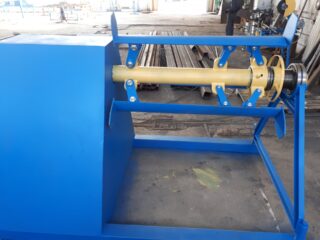
Equipment for the production of metal tiles includes several different attachments to perform different tasks.
- The uncoiler of rolls is a driven, cantilever device for installing and unwinding thin-sheet metal products. It can be a separate structure, but more often it is part of the technological line. The product is selected according to its carrying capacity, unwinding speed, power and permissible web width.
- The main machine for metal roofing is a roll forming machine. In the process of bending, it exerts a compressive and tensile effect on a sheet of metal. As a result, the sheet takes on a certain configuration. Bending is possible at any angle. At the same time, the sheet remains monolithic and does not lose strength. The roll forming machines are automated, which reduces the risk of errors and failures. Selection parameters: rolling speed, power, maximum allowable sheet thickness and width.
- Pressing machine - hydraulic. It includes a press, where steps, a stamp and hydraulic stations are formed - devices that supply oil to hydraulic cylinders. The billet, leaving the roll forming mill, has a wavy shape. In the pressing machine, the wavy relief is crumpled, taking the form of steps. The unit is selected according to power, pressure level, possible profile width.
- Metal cutting with scissors - sheets stamped on the machine are fed to the guillotine shears. A hydraulically or mechanically driven device cuts workpieces into sheets. Evaluation parameters: knife stroke, allowable sheet thickness and width, number of knife strokes per minute. This indicator determines the efficiency of the unit.
- Sheet receiver - after cutting, the sheets are transferred to the sheet receiver. Simple models can take only 1 sheet, improved ones - several.
- Pallet for finished sheets - from the receiver the sheets are transferred to the pallet. Here they are stacked and transferred to the warehouse using a loading crane.
Automatic control system (ACS)
Most of the equipment - a machine for the manufacture of metal tiles, pressing, shears-guillotine, can be automated. It seems most convenient not to program each machine separately, but to include it in a single system and give commands to all units of the line at once. This is done by the automatic control system.
The main criteria for choosing an ACS is the magnitude of the error. The smaller it is, the more accurate the measurement and cutting are, which reduces costs.
Complete production lines
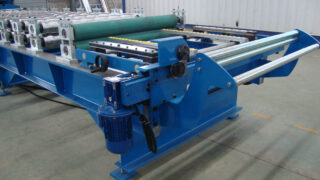
For the manufacture of metal tiles, you can purchase a ready-made line that includes all the necessary elements. Depending on the configuration and performance, the lines are divided into 3 classes.
The basic one includes a rolling mill, shears-guillotine, a pressing machine, a hydraulic system and an automated control system. This option is suitable for start-up and small production.
Standard - the package meets the needs of small or medium-sized businesses. In addition to the equipment listed, this includes a bale uncoiler, pallets and other accessories. Rolling speed up to 7-8 meters per minute.
The premium also includes a door closer and servos. The line productivity is higher - up to 10 meters per minute.

